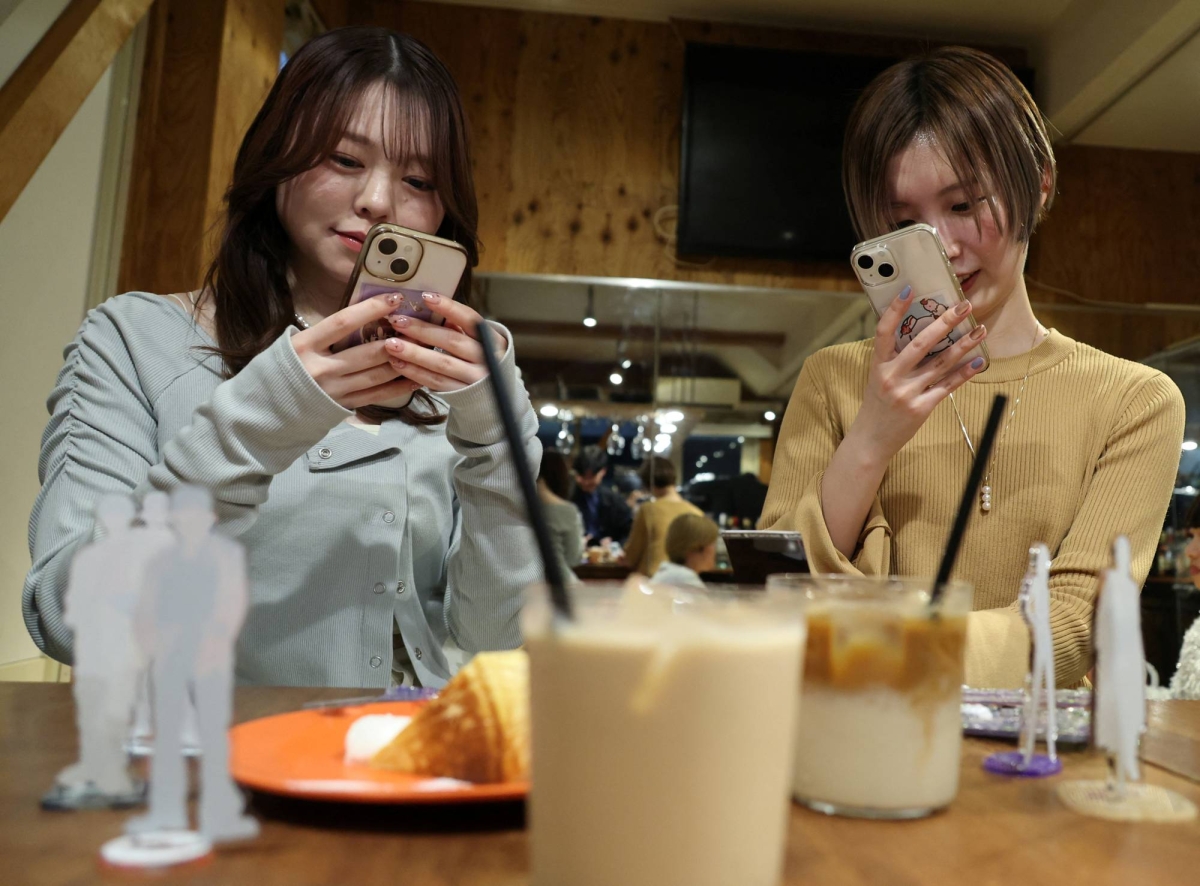In recent years, Japan has witnessed the rise of a unique cultural phenomenon known as "Oshikatsu." Derived from the words "oshi" (meaning "to support") and "katsu" (meaning "activity"), Oshikatsu refers to the dedicated efforts of fans to support their favorite idols, characters, or groups. This trend has evolved beyond mere fandom, becoming a significant driver of consumer spending and influencing various sectors of the Japanese economy.
The Emergence and Evolution of Oshikatsu
Origins of Oshikatsu
Oshikatsu emerged from the desire of fans to feel closer to their idols. Initially gaining traction on social media platforms around 2016, the term became widely recognized by 2018 through hashtags and online communities. By 2021, "Oshikatsu" was nominated as Japan's Word of the Year, highlighting its widespread acceptance and usage.
Activities Involved in Oshikatsu
Fans engage in various activities to support their "oshi," including:
- Purchasing merchandise and concert tickets
- Participating in fan events and meet-and-greets
- Creating and sharing fan art and content
- Organizing and funding advertisements, such as birthday posters in public spaces
These activities not only express admiration but also contribute financially to the success of the idols or groups they support.
Economic Impact of the Oshikatsu Trend
Consumer Spending and Market Growth
Oshikatsu has significantly influenced consumer behavior in Japan. According to a survey conducted by Japanese marketing firms CDG and Oshicoco, fans spend an average of 250,000 yen (approximately $2,300) annually on activities related to their oshi. This substantial expenditure has bolstered sectors such as entertainment, advertising, and retail.
Demographic Shifts in Fan Engagement
Interestingly, Oshikatsu is not limited to younger demographics. A 2024 survey by market research firm Harumeku revealed that 46% of women in their 50s actively support their oshi financially. This shift indicates a broader appeal of the trend across age groups, with older fans often having more disposable income to dedicate to their interests.
Gender Dynamics and Cultural Implications
Oshikatsu also reflects changing gender dynamics in Japan. Traditionally, men have been the primary earners in Japanese households. However, in the context of Oshikatsu, women frequently take the lead in financially supporting younger male idols. This reversal challenges conventional norms and highlights the evolving roles of women in Japanese society.
The Role of Oshikatsu in Japan's Economy
Boosting the Entertainment Industry
The entertainment sector has benefited immensely from the Oshikatsu trend. Increased demand for concerts, merchandise, and media content has led to higher revenues and expanded opportunities for artists and production companies. Moreover, fan-driven promotions have become a valuable marketing tool, often surpassing traditional advertising in reach and impact.
Influence on Advertising and Retail
Oshikatsu has spurred growth in the advertising industry, with fans funding public displays such as billboards and transit ads to celebrate their idols. Retail businesses have also adapted by offering exclusive merchandise and hosting pop-up events to cater to dedicated fanbases. These developments have created new revenue streams and revitalized consumer engagement.
Potential for Sustainable Economic Contribution
While Oshikatsu currently contributes positively to Japan's economy, its long-term sustainability depends on various factors, including the continued popularity of idols and the willingness of fans to maintain their level of financial support. Companies and policymakers may consider strategies to harness this enthusiasm while ensuring economic stability.
Conclusion
The Oshikatsu trend exemplifies how cultural phenomena can transcend entertainment to influence economic patterns and societal norms. By channeling fan devotion into tangible support, Oshikatsu has reshaped consumer behavior, empowered diverse demographics, and invigorated multiple industries in Japan. As this trend continues to evolve, it offers valuable insights into the intersection of culture, economy, and community engagement.
Read More






 Friday, 27-02-26
Friday, 27-02-26







